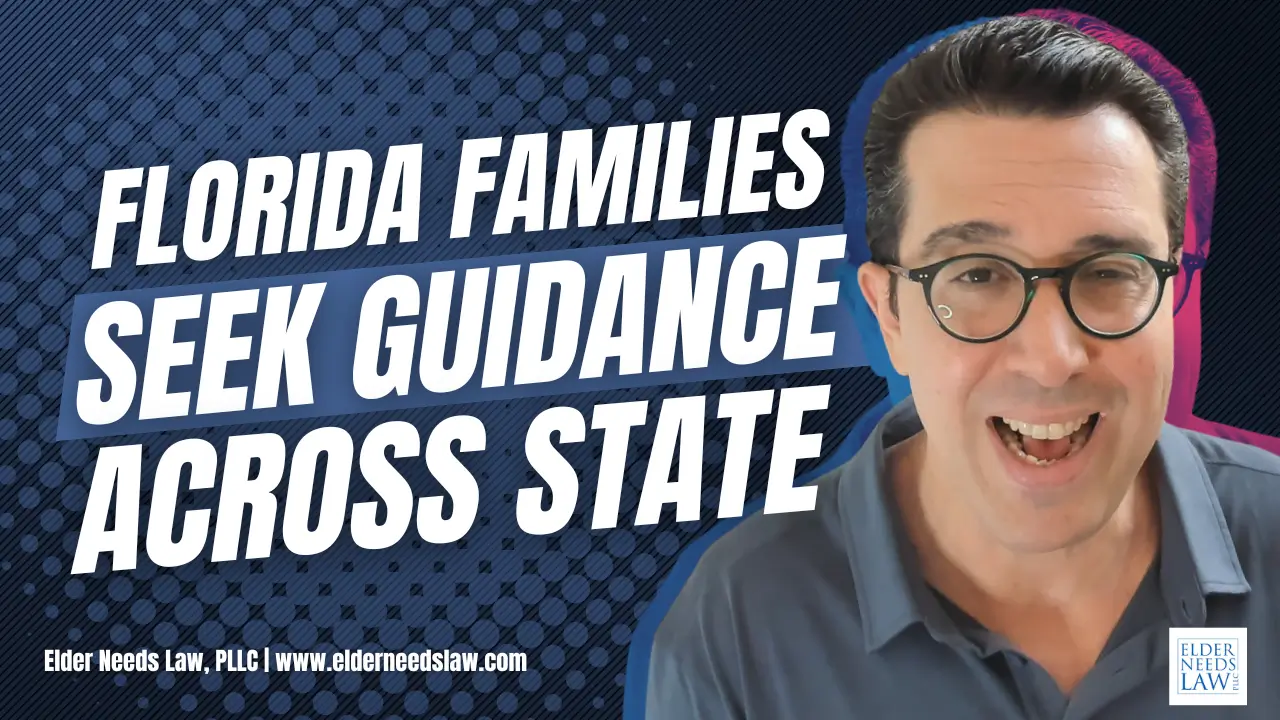What to Expect in an Assisted Living Facility Residency Agreement

Assisted Living Facilities are important living options for older adults who may not need advanced 24 hour nursing care, but nonetheless, should not be living by themselves in a single-family home or apartment. ALFs are for those who require what is called “intermediate care,” meaning that they need assistance with one or two activities of daily living (walking, bathing, eating, toileting, transferring or dressing) The goal of ALFs is for their residents to live as independently as possible, while providing enrichment, social and certain medical/therapeutic conveniences on-site.
What Does Basic Rent Cover?
Assisted living facilities are essentially apartment complexes that offer limited nursing services. Basic utilities (e.g. electric, heat, AC, water, basic cable) are covered by the “rent,” and residents will usually need to provide their own furnishings and small appliances. The ALF will usually provide light housekeeping services and launder personal linens and clothing. The apartments likely have small kitchens so residents can enjoy some meals alone or with guests. But most residents eat in the community dining area. The ALF will have a variety of daily social and recreational activities available for the residents and likely provide limited transportation to popular shopping and other local destination sat no extra charge. Pets may or may not be allowed, depending on the facility.
The above items are typically covered with the “rent,” but most assisted living facilities will provide additional services and therapeutic options for additional fees. The residency contract will detail what is included with the basic monthly charge and what is extra. Importantly, the basic rent / service rate is negotiable. ALF’s often offer specials and discounts for new residents. Make sure to ask what discounts are available and check out what comparable competitors are offering.
If a resident requires additional care beyond what is offered in the ALF’s basic services package, especially if such care is required for the individual to safely remain in the community, that will be at the resident's sole and additional expense. Most ALFs will allow qualified third parties into the facility to provide such additional care as may be necessary.
Assisted Living Facilities will want to conduct a health assessment prior to entering the facility and have the right to conduct periodic future assessments, at least every few years and/or after a significant change in condition to determine that the facility is capable of meeting the resident's health needs. One ALF may be better equipped to accommodate a specific condition, such as having a special memory-care unit on site, while another ALF may not.
Personal Guarantee?
Many ALFs will attempt to get the resident’s family member to sign a personal guarantee and be held financially responsible, should the resident become unable to fulfill their financial obligations to the assisted-living facility.
Interestingly, the Federal Nursing Home Reform Act [42 U.S.C 1396r(c)(5)(A)(ii), 42 C.F.R. 48312 (d)(2)] prohibits nursing homes that accept Medicare or Medicaid from requiring third-party guaranty agreements as a condition of admission. By contrast, federal law has very little to say about how the ALF industry should conduct itself. In Florida Assisted Living Facilities are regulated by Florida Statutes, Chapter 429, but there is no prohibition against personal guarantee provisions. As a result, ALF’s are free to continue this practice that has been unlawful in nursing homes for several decades.
Right to Terminate the Agreement
The assisted living facility will reserve the right to terminate the residency agreement (i.e. kick you out). I usually see a 45-day written notice requirement. The reasons for termination are centered around (i) the resident's health (if the ALF cannot meet the resident’s level of care required); (ii) the resident being a danger to him/herself or others; and (iii)failing to pay their bill. Pending termination if extra care is required (from staff not available in the ALF) the ALF may arrange for 1-on-1 care at the resident's expense.
If, after the resident leaves (in any way), if property remains in the ALF unit, the ALF may charge you for storage or even for the regular occupancy rate. After some period of time, unclaimed property may be disposed of or donated and the resident may be responsible for a cleaning charge.
The above are simply some of the common concepts you will see in most assisted living facility contracts that will need to be signed prior to admission. Different ALFs will definitely have terms that vary from each other. It is important to read these agreements carefully. If there are provisions that you do not understand, it is always advisable to have an elder law attorney review with you.
Elder Law Attorney Resources
.png)






